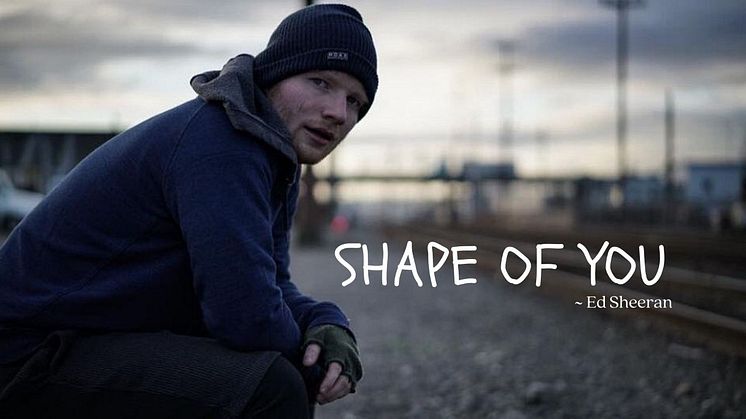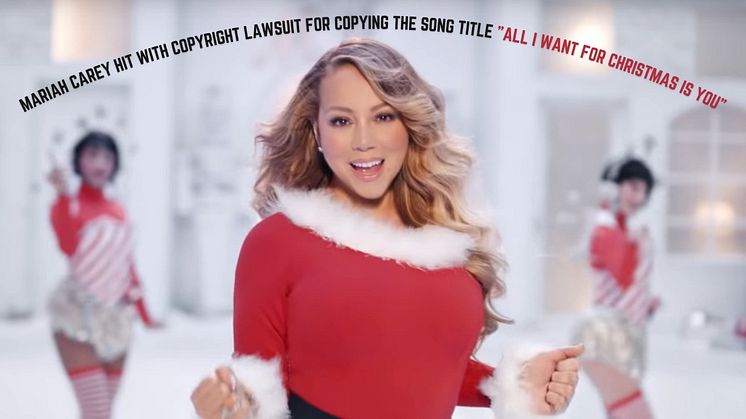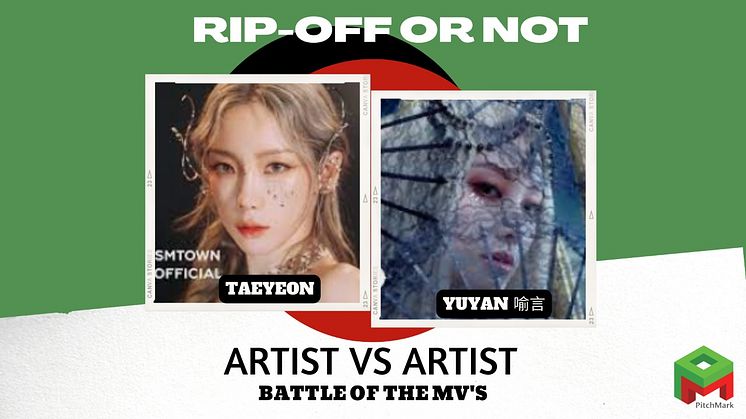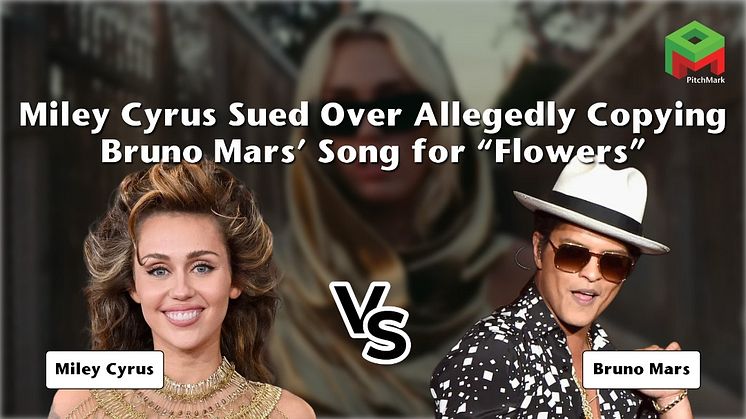
News -
High Court dismisses claim for copyright infringement in pop song
The claimant, Kelly-Marie Smith, is the composer and lyricist of a song, “Can You Tell Me”. The song was never released commercially, but in October 2007 Ms Smith performed an acoustic version of the song that was recorded for the purposes of a short promotional video, containing an interview with her, interspersed with performances of some of her songs.
Two of the defendants, James Newman and Edward Harris, are the composers and lyricists of a song, “Waiting All Night”, which was released as a single in April 2013 by the band “Rudimental”. It was also included on Rudimental’s first album “Home”, released in the same month. Both the song and the album achieved considerable commercial success.
Ms Smith issued proceedings for copyright infringement against Mr Newman and Mr Harris, as well as against three members of the band and against the music publishing companies that had exploited Waiting All Night, claiming that the lyrics and melody of the chorus of Waiting All Night had been copied from Can You Tell Me.
In the end, the allegation of copying was pursued against Mr Newman alone. Ms Smith alleged that he had knowingly or un-knowingly copied Can You Tell Me when he had created a voice memo on his iPhone in June 2012, which recorded his first informal “writing” session for Waiting All Night (neither song was composed by the notes being written on a page or screen; both composers came up with the respective melodies by singing them from scratch).
It was common ground that in order to establish infringement, it is not enough to show that the lyrics and melody of the respective choruses of songs are materially similar or even the same. It is necessary to demonstrate actual copying of the copyright work.
Considering the general similarities between the two songs, Mr Justice Zacaroli said that based on their initial impact on the ear, and ignoring extraneous matters such as instrumentation, tempo, performance and production, there were clear similarities between the melody and lyrics of the respective choruses.
Analysing the songs, Zacaroli J said that the main similarity was the use of the phrase “tell me that you need me” in each song, set to a melody that placed the stress on the word “need” using similar techniques in rhythm and pitch. However, Zacaroli J also found several some important differences between the songs, e.g., although the phrase “tell me that you need me” appeared as one of the varied phrases in each song, the other phrase in Waiting All Night (“tell me that you want me”) did not appear in Can You Tell Me.
While he accepted Ms Smith’s point that, in general, the inference to be drawn from similarities strengthens as the coincidences mount, and that in many cases there would be a very strong inference of copying if the same lyrics to the same melody appeared in both songs, Zacaroli J said that there were important features that significantly diminished the strength of this point:
- as far as the lyrics were concerned, it was not surprising that two people writing a pop song could independently alight on the phrase “tell me that you need me”, as contained in both songs; it was a commonplace expression that was not ground-breaking or particularly original, as demonstrated in evidence by its use in various other songs by well-known artists; and
- given the genre of music involved, it was not surprising that the words were set to similar melodies, as they were of a type that was driven primarily by the words as spoken, which led to a similar rhythm and pitch.
Accordingly, Zacaroli J found that there was no particularly high degree of coincidence in two composers independently setting “tell me that you need me” to a melody similar to that found in Can You Tell Me.
As for the availability of Ms Smith’s song, Zacaroli J accepted that the 2007 video was: (i) made available on Ms Smith’s MySpace page; (ii) distributed on a DVD within the recording industry; and (iii) posted on the social media site Vimeo in May 2012. However, he said, the song only appeared on the video after 12 minutes of interspersed snippets of interview and other songs, which reduced the chance that anyone accessing the 2007 video would view it. Further, there was no direct evidence as to the number of DVDs produced and distributed and no evidence that any of the defendants had been provided with a copy or had seen it.
As for access to Ms Smith’s song, there was no direct evidence that Mr Newman had ever heard Can You Tell Me. Ms Smith’s case that he must have done was based on inferences to be drawn from what was called the “overlapping circles” between Ms Smith and Mr Newman. Zacaroli J found that the evidence produced by Ms Smith on this point consisted of tenuous connections only.
Zacaroli J also said that it was unlikely that Mr Newman would have become aware of Can You Tell Me because the 2007 video had been circulated to people in the music business. Any promotion of Can You Tell Me would have occurred in 2007 or shortly thereafter. It had gained no traction at that time, and it was not likely that it was still being promoted within the music business five years later.
As for the evolution of Waiting All Night, Zacaroli J found that a close analysis of the Voice Memo indicated that while both the words, melody and chord progression for the opening line to the song were in Mr Newman’s head before he started recording the Voice Memo (which Ms Smith claimed supported her case on copying), the remainder of the song, including, crucially, the passage alleged to have been copied from Can You Tell Me, had emerged through trial and error as he tried out various ideas.
Zacaroli J accepted that this did not rule out the possibility that Mr Newman’s ideas had coalesced around Ms Smith’s song because it was in the back of his mind, but noted that that was not very likely given that it had not been commercially released and therefore he could not have heard it in passing (e.g., playing on the radio or on a restaurant play list). Mr Newman would have had to go out of his way to access and hear Can You Tell Me. Zacaroli J therefore considered that the Voice Memo was strong evidence for Mr Newman having independently created the offending lyrics and melody.
Accordingly, Zacaroli J found that Mr Newman had not copied any part of Can You Tell Me in creating Waiting All Night. The claim was dismissed. (Kelly-Marie Smith v Kesi Dryden [2021] EWHC 2277 (IPEC) (11 August 2021) — to read the judgment in full, click here).







